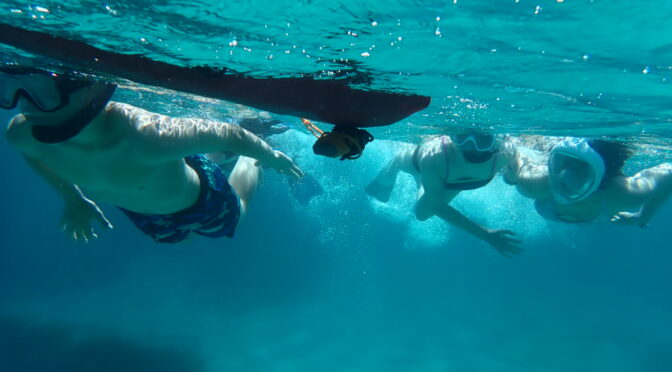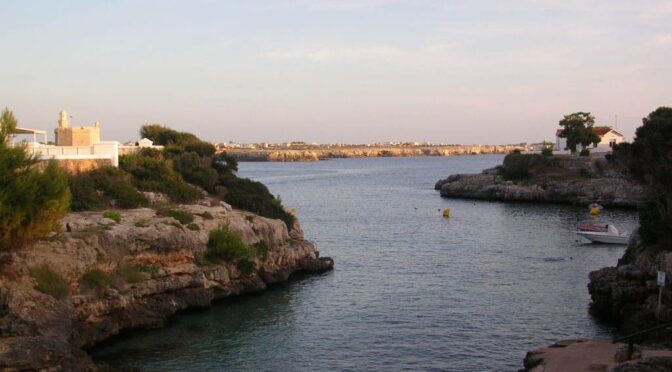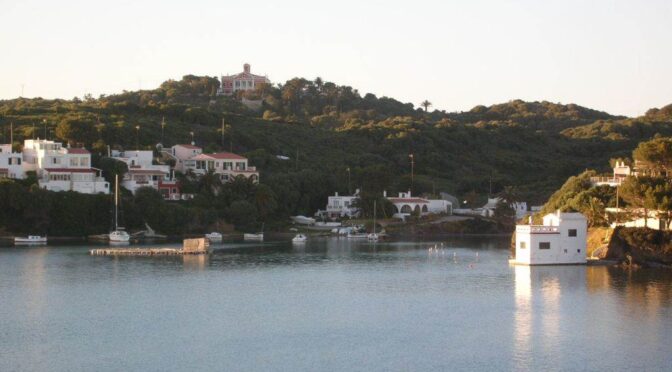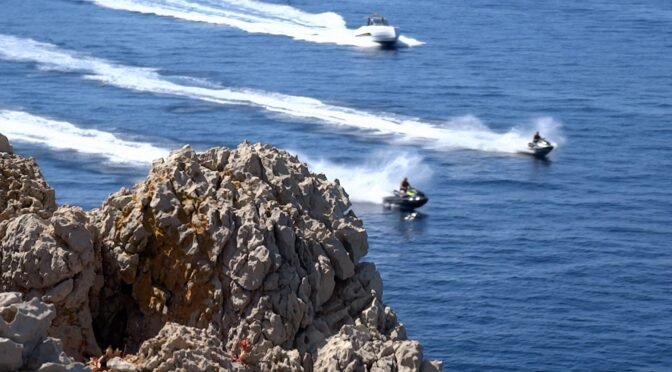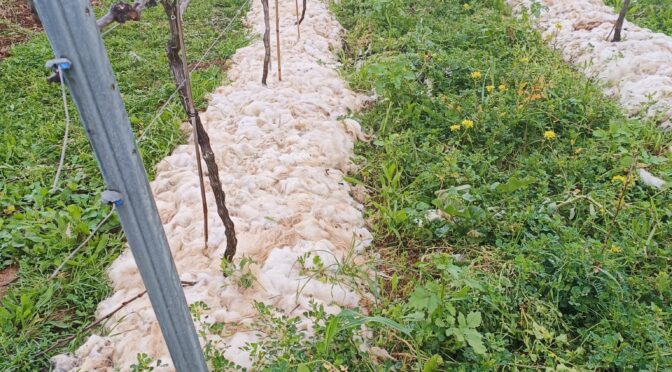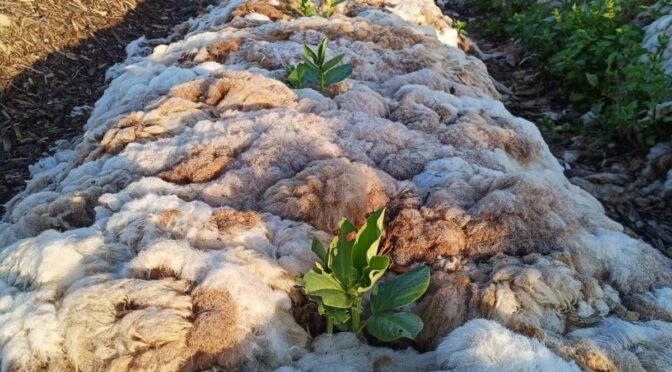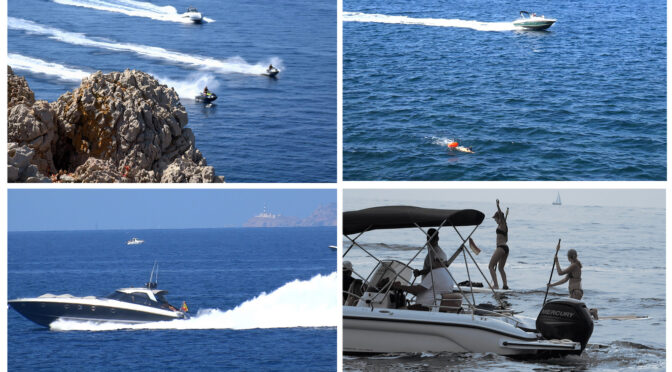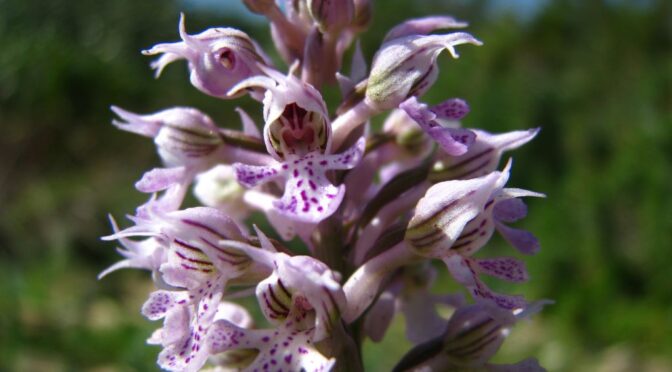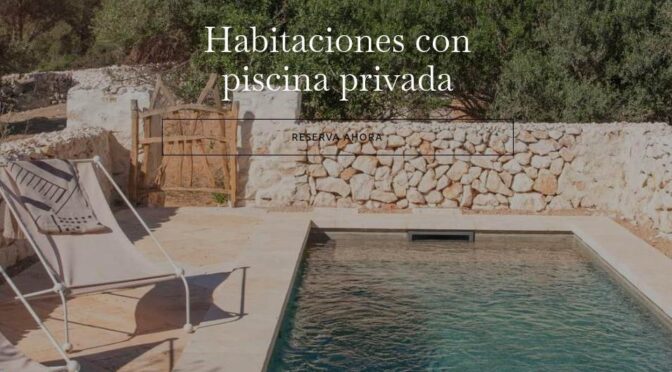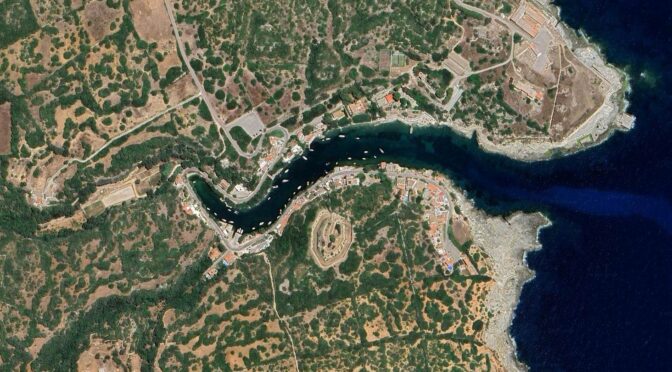Views: 54
GOB Menorca, with the support of Menorca Preservation and the Marilles Foundation, has launched the project “Look to Look After” | “Seeing is Believing,” which aims to strengthen both the emotional and rational connection between people — especially children — and the sea. By the end of June, more than 95 students from different schools on the island are expected to have taken part in the first edition of these educational workshops.
Continue reading Look to look after: workshops to see the sea with new eyes

